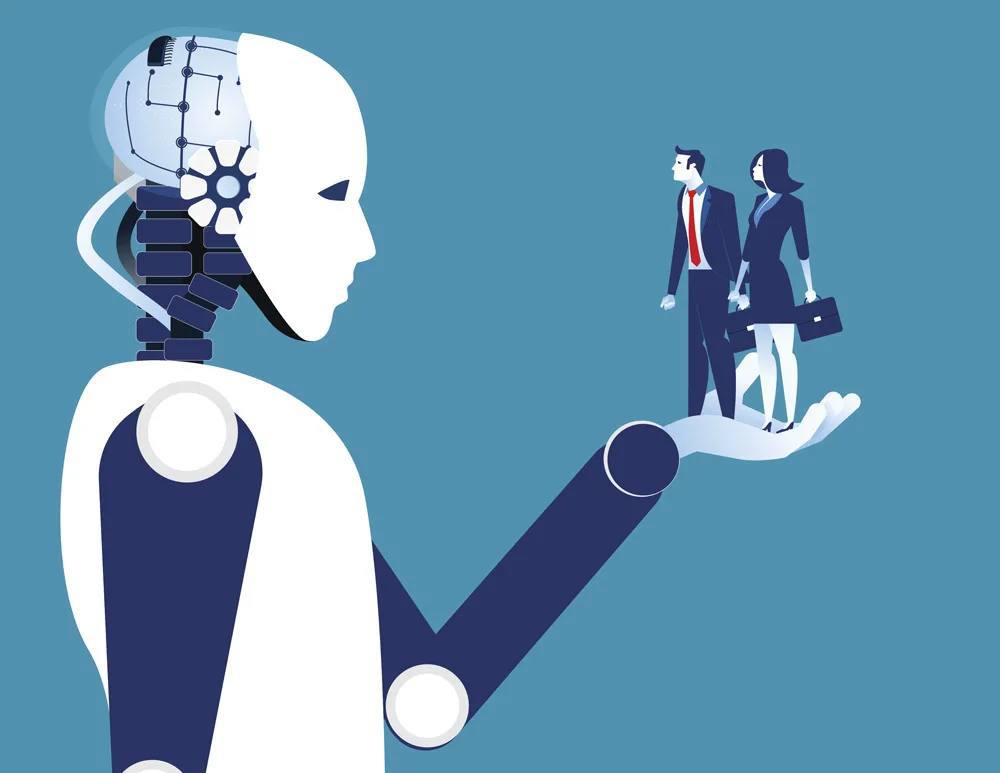The advent of artificial intelligence (AI) in legal research marks a revolutionary shift in how lawyers and legal professionals approach case studies and legal precedents. Traditional legal research, often a time-consuming and labor-intensive process, is being transformed by AI-powered tools that offer rapid, comprehensive, and insightful analysis of legal documents. AI algorithms can sift through vast legal databases to find relevant case law, statutes, and legal writings, dramatically reducing research time. This efficiency enables lawyers to focus more on strategy and client consultation, enhancing the quality of legal services.
AI in Predictive Legal Analysis

AI’s ability to predict outcomes of legal cases is an area of growing interest and development. By analyzing historical data and outcomes of similar cases, AI algorithms can provide lawyers with a probability-based assessment of how a court might rule in a specific scenario. This predictive analysis can guide lawyers in making more informed decisions about case strategy, risk assessment, and even whether to pursue litigation. While this technology is not without its ethical considerations, such as potential biases in historical data, it represents a significant step forward in legal analytics.
Ethical and Privacy Concerns in AI-driven Law
As AI integrates deeper into the legal field, ethical and privacy concerns take center stage. Issues arise around the transparency of AI algorithms, especially in decision-making processes, and the potential for inherent biases in AI systems. Furthermore, the use of AI in legal contexts raises questions about client confidentiality and data security. Law firms and legal institutions must navigate these concerns carefully, ensuring compliance with legal ethics and privacy laws while leveraging the benefits of AI.
The Changing Role of Legal Professionals in the AI Era

The rise of AI in law does not diminish the role of legal professionals; rather, it reshapes it. Lawyers and paralegals must now be adept at working alongside AI tools, understanding their capabilities and limitations. This shift demands a new skill set, including data literacy and an understanding of AI methodologies. Moreover, the human judgment and ethical considerations inherent in legal work cannot be replicated by AI, underscoring the continuing importance of skilled legal practitioners.
Future Trends: AI’s Expanding Influence in Legal Practice
Looking forward, AI’s role in the legal industry is set to expand further. We can anticipate more sophisticated AI tools capable of handling complex legal analyses, contract review, and even predicting legislative trends. This evolution will likely prompt changes in legal education and ongoing professional development, as the industry adapts to these technological advancements. The future of law lies in a symbiotic relationship between legal expertise and AI capabilities, leading to more efficient, accessible, and effective legal services.


Leave a Reply